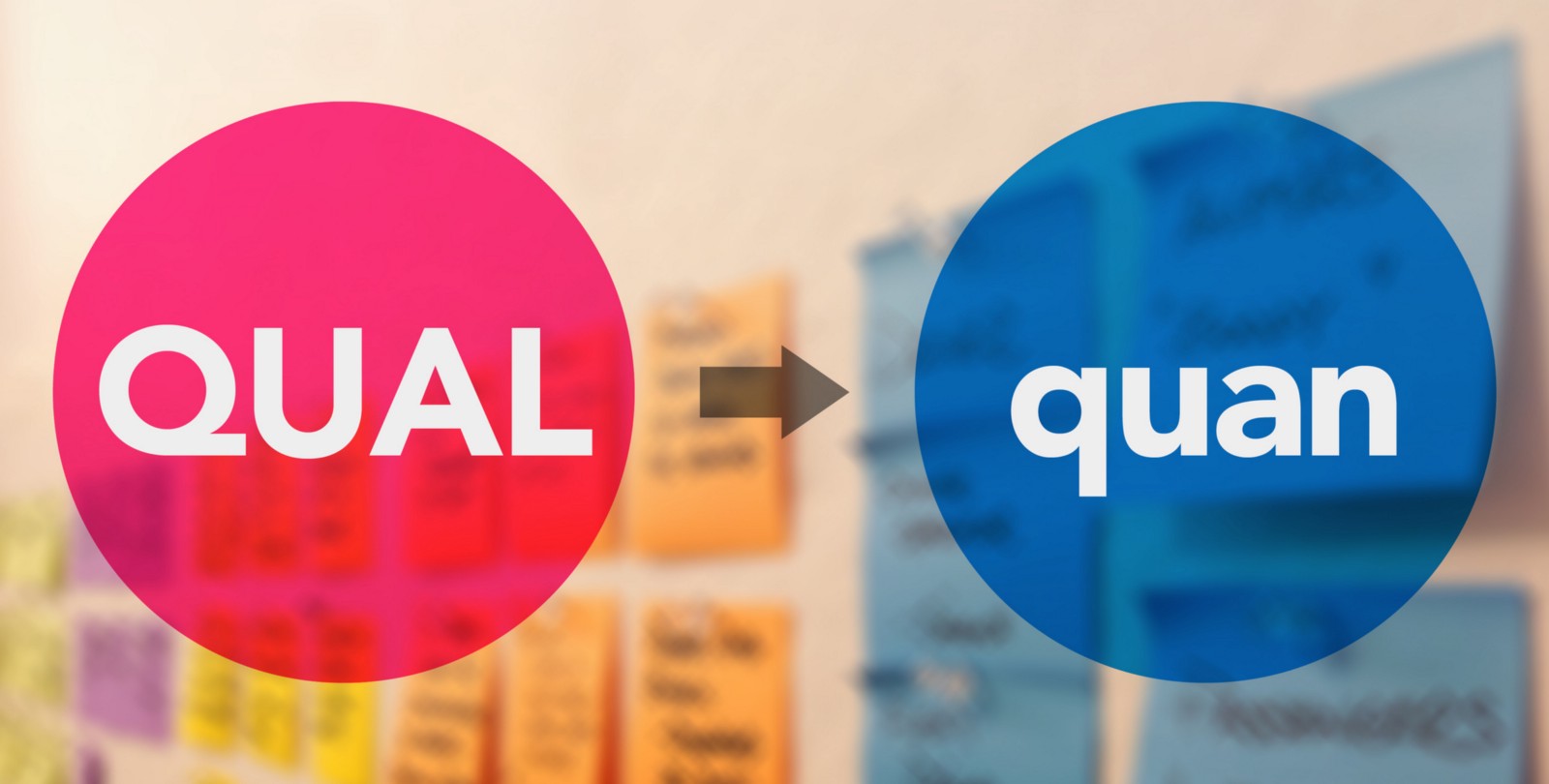
Principal speaker
Ausma Bernot
This workshop shows how conceptual frameworks act as anchoring tools to introduce clarity to early research design and research design communication. At some point, all researchers have been guilty of forgetting the primary focus of their research when faced with large or complex data. This is especially true for mixed methods (MM) research that combines multiple methodologies and data streams. This workshop explains conceptual frameworks as a foundational part of early research design to guide and shape both literature review and research questions. By identifying variables and clarifying how they are related, a conceptual framework may help summarise a literature review and "set the stage' for introducing research questions. Broadly, conceptual frameworks add explicitness to research processes.
Part 1. theoretical introduction of conceptual frameworks and analytic groupwork. Part 2. illustrates how conceptual frameworks can assist in conceptualising complex theoretical and methodological choices.
Intended audience: Advanced beginners, and researchers wishing to improve skills in describing and providing a clear rationale for MM.
Connection to other workshops: The workshop provides a basis for visual techniques for representing conceptual workshops (MM2 Visual) and takes a broader view of the role of the conceptual framework beyond analysis of surveys and interview data (MM4 Survey + Interview).
Preparing for the workshop: This is a learner-led workshop. The more you contribute, the more you will take away. We request your help with the following preparations - A week prior to the workshop, you will be sent a link to a shared document. (1) During registration, please note questions that you have about conceptual frameworks. (2) Use the online shared document to access pre-reading that are required or recommended (advised on registration). (3) Use the Discussion Forum section in the shared document to ask any questions prior to workshop. (4) Start a conversation with fellow learners by sharing resources on the topic. (5) Offer to discuss a conceptual framework that you are currently working on, in an additional master class (unrecorded) at the end of the session with optional peer attendance.
Event categories
RSVP
RSVP on or before Thursday 30 March 2023 11.42 am, by email red@griffith.edu.au , or via https://events.griffith.edu.au/d/llqbdw/